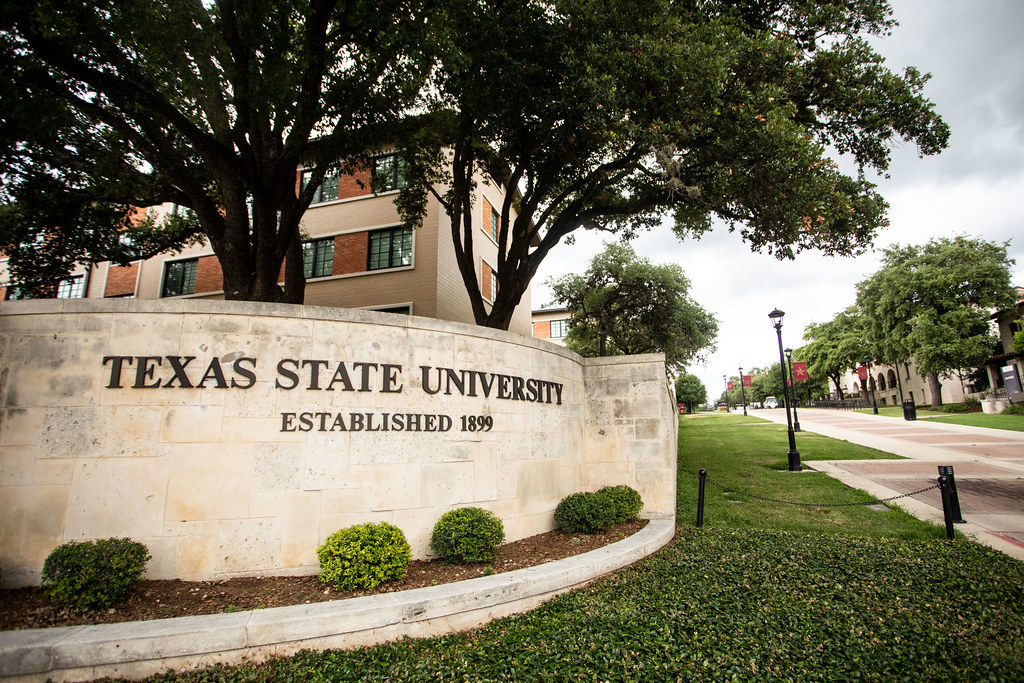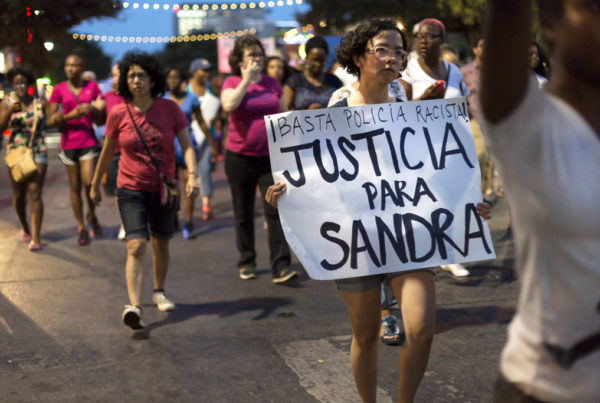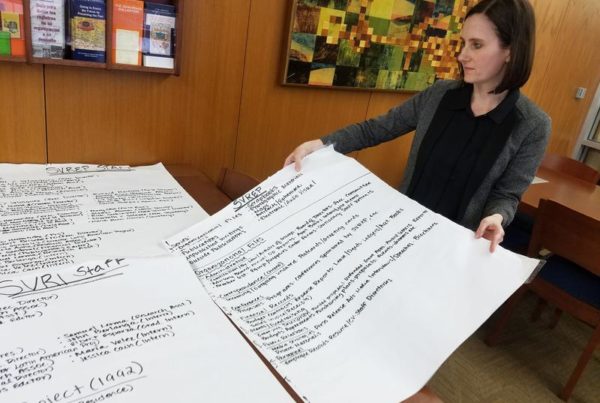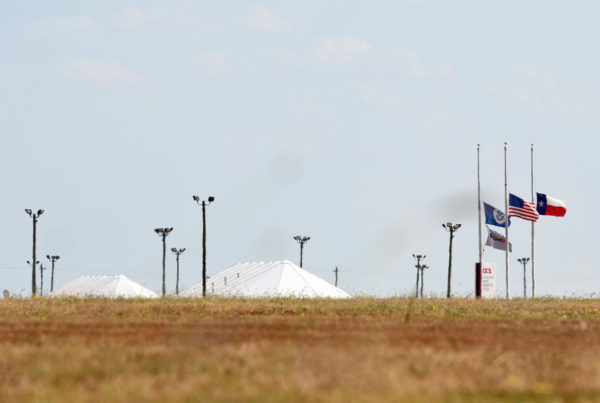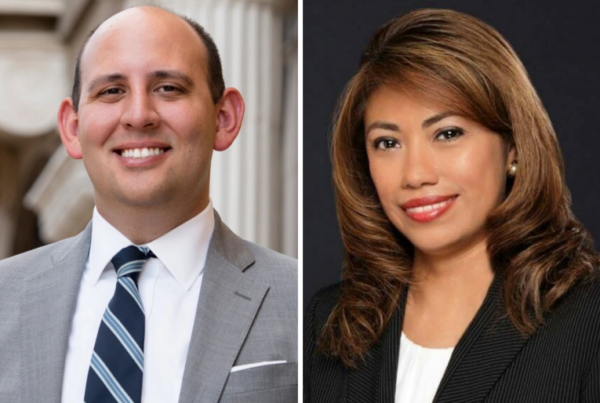A new Immigration and Customs Enforcement rule announced last week requires international students to return to their home countries if their college or university does not resume in-person classes in the fall. International students cannot reside in the United States while only taking online classes, but many colleges and universities have moved to online instruction because of the pandemic.
The rule could affect about 1 million international students nationwide.
Two Texas universities – Texas State in San Marcos and the University of Houston – are in the midst of adapting their fall plans to the recent Trump administration guidelines. Texas State has a relatively small international student population of about 550; the University of Houston expects about 2,300 for the fall semester. The universities stand to lose money if international student enrollment drops. But officials from both schools told Texas Standard that the loss would be much more than financial.
Rosario Davis is assistant vice president and director of international affairs at Texas State. She told Texas Standard host David Brown on Monday that there is a “very high level of concern” about the new rule. The university has planned to return to in-person instruction in the fall, but she worried that any changes to that plan because of COVID-19 could jeopardize intentional students’ visas.
“The big concern is what do we do if we go online?” Davis said.
University of Houston Associate Vice Chancellor for Student Affairs Dan Maxwell told Brown that his university has planned for a more hybrid model of instruction – what he called “hyperflex” classes that combine online and some face-to-face meetings. He said the goal now is to get international students into at least one hyperflex class so they meet ICE requirements.
“Our faculty have stepped up and said, ‘How can we make this work?'” Maxwell said.
The University of Houston’s registrar is reviewing the fall course schedule to find ways to better accommodate international students. At Texas State, Davis said the university is “considering creating options” for its international students who need in-person instructor to maintain their visas.
Both university officials said international students are important members of the student body.
At Texas State, Davis said many are part of important research projects. But beyond academics, she said they are “extremely important to the overall environment for Texas State.”
She worried that sending them back home before finishing their studies could damage their academic progress, careers and personal lives.
“What impact would that make should they have to suddenly leave? And that’s just the beginning from the education perspective,” she said.
Maxwell said the new rule could also affect University of Houston students’ eligibility for internships, campus jobs and post-graduate work.
“It could have a two-to-three-year impact … if we’re not able to figure out how to keep them on campus,” he said.
Texas State is currently working with an attorney to figure out how to help international students meet the guidelines. The university is also communicating with those students through email, town hall meetings and advising them one on one if needed, Davis said.
Maxwell said any reduction of the international student body at his university would be a disservice to everyone.
“We prosper by having them as a part of our community,” he said.
Web story by Caroline Covington.


